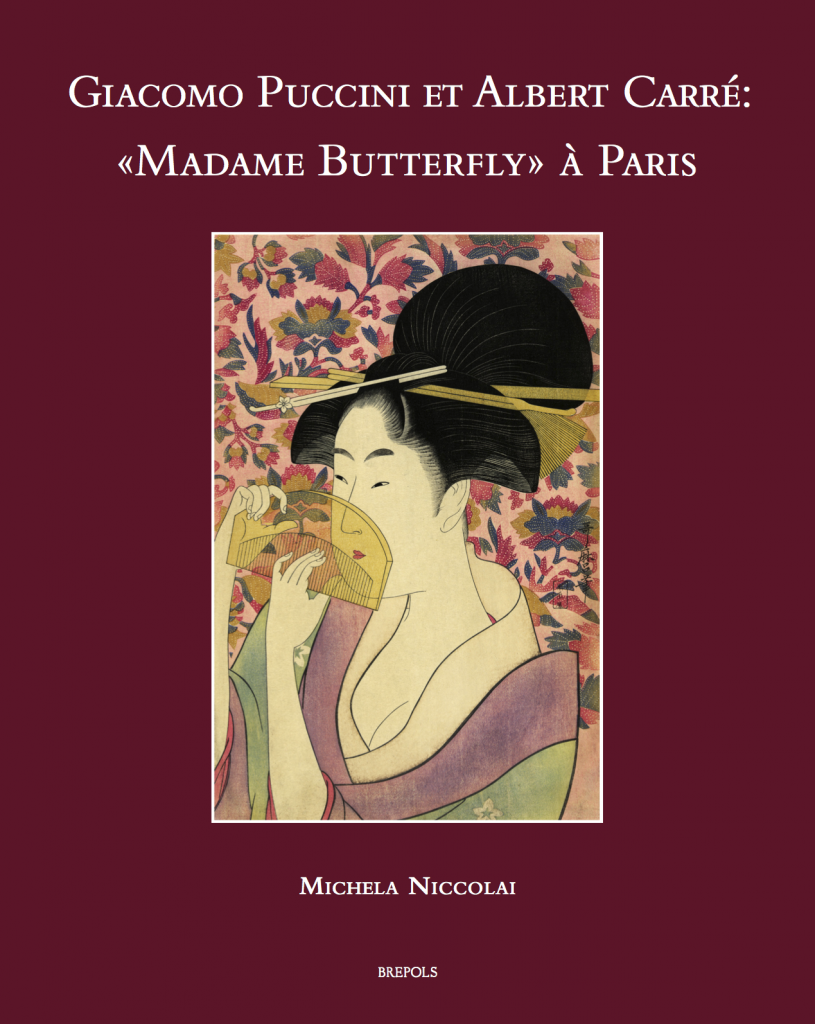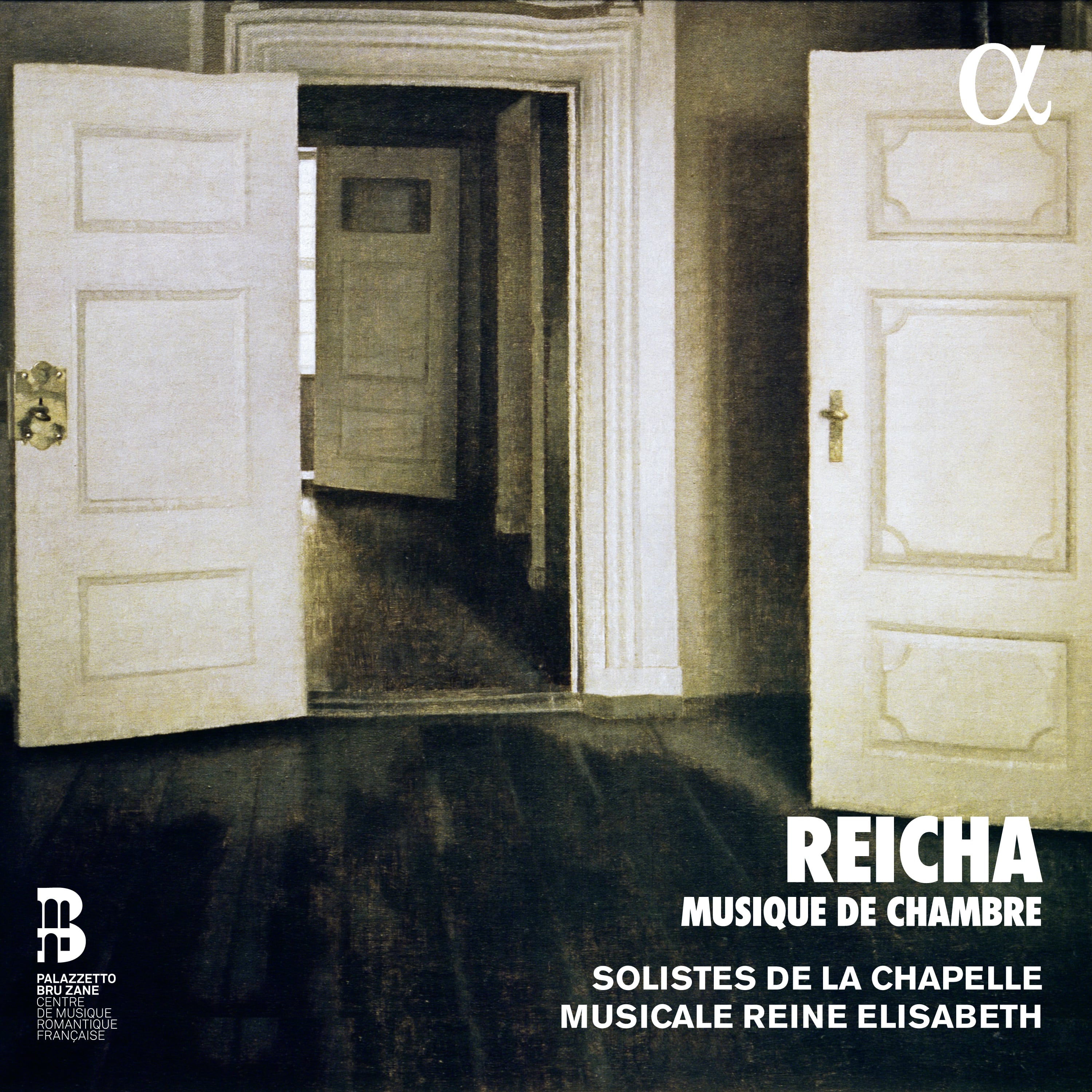Giacomo Puccini et Albert Carré: « Madame Butterfly » à Paris

Following the fiasco of Madama Butterfly at La Scala, Milan, on 17 February 1904, Giacomo Puccini withdrew the opera and set to thinking of ways to restructure his ‘Japanese tragedy’. He prepared three subsequent editions, for Brescia (1904), Covent Garden (1905), and the Opéra-Comique in Paris (1906). The Paris première set a standard for the staging of this work that is valid to this day. Puccini’s work in Paris with the famous stage director Albert Carré led to modifications in the stage directions and the score. Carré’s staging was logical and it interacted with the score in a ‘modern’ way, taking into account current trends in European theatre at the beginning of the twentieth century. His staging brought out the dignity of the Japanese characters and underlined Cio-Cio-San’s social and psychological apartness by means of careful attention to scenic movements and the pioneering of a new form of stage lighting. The latter, considered as an inherent component of the work, followed the theories (expressed in the Wagnerian context) of the Swiss architect and theorist of stage lighting and décor Adolphe Appia. This staging, of which Puccini was particularly proud, was used at the Opéra-Comique until 1972. The staging manual (‘livret de mise en scène’) provides us with precious information on the visual aspect of the performance of this work. It is presented here, along with a scientific study underlining its perfect functionality vis-à-vis the score. This work, enabling a rediscovery of the past, will prove useful to musicologists, as well as opera directors, and it will also be of benefit for future productions of Puccini’s works.
Michela Niccolai
The musicologist Michela Niccolai, was a postdoctoral student (2010-11) at the University of Montreal (OICRM), where she studied the musical and social writings of Gustave Charpentier (Écrits musicaux et sociaux de Gustave Charpentier, Éditions Vrin, Paris). She obtained her doctorate (Jean Monnet University, Saint-Étienne, France; University of Pavia, Italy) on the same subject. Her thesis, La Dramaturgie de Gustave Charpentier, was published recently (Speculum Musicae, 17; Brepols Publishers, Turnhout, Belgium). She is at present preparing a critical edition of the Mémoires de Charpentier (Symétrie – Palazzetto Bru Zane), while working on collective publications: Verdi Reception with Lorenzo Frassà (Brepols); Beyond the Stage: Musical Theatre and Performing Arts between the ‘fin de siècle’ and the ‘années folles’ with Giuseppe Montemagno (Ut Orpheus Edizioni, Bologna, Italy); Orchestral Conducting in the Nineteenth Century with Roberto Illiano (Ut Orpheus Edizioni); Gustave Charpentier et son temps with Jean-Cristophe Branger (Ut Orpheus Edizioni). She has written many articles on the subject of opera in France and Italy in the late nineteenth century. With Pierre Rémy Campos and Pierre Sérié, she is in charge of the thematic project ‘The staging of opera: the staging manuals for operas premièred in Paris between 1830 and 1930’ for the Palazzetto Bru Zane – Centre de musique romantique française.
Bru Zane
Classical Radio



 Torna indietro
Torna indietro  webradio
webradio replay
replay